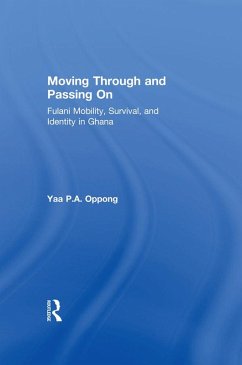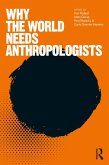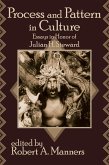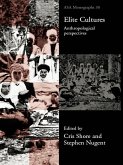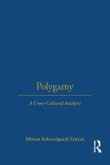Based on eighteen months of ethnographic fieldwork, Oppong develops detailed case studies and draws upon over two hundred in-depth life histories to explore issues of mobility, survival, and identity among this spacially dispersed and diverse group. Using perspectives and insights gained from oral life histories, private and public ceremonies, and ethnic associations, she examines the sites and circumstances in which people profess to be the "same" or "different" from one another. The markers of Fulani identity-as recognized by Fulani and non-Fulani alike-are examined. Oppong also explores the factors that allow them, as a distinct ethnic category, to maintain and perpetuate this identity and viability in Greater Accra. The metaphoric analogy of "construction sites" is employed to define the explicit and implicit events and recurring processes through which people conceive of themselves as Fulani. These locations and contexts of action include ethnic associations, public gatherings, and common rites of passage. The recurring processes include genealogical reckoning of kinship and endogamous marriage transactions, and the ways in which ties of descent and filiation are used to enha
Dieser Download kann aus rechtlichen Gründen nur mit Rechnungsadresse in A, B, BG, CY, CZ, D, DK, EW, E, FIN, F, GR, HR, H, IRL, I, LT, L, LR, M, NL, PL, P, R, S, SLO, SK ausgeliefert werden.

